
Eye Conditions
Eye conditions can have serious effects on you or your family's eye health and visual ability. Find out more about these commonly diagnosed conditions, including the symptoms, types, and treatment options below.
To schedule an appointment for preventative or active treatment options, give us a call today!
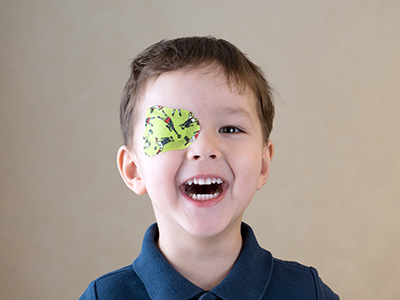
Amblyopia is poor vision in an eye that did not develop normal sight during early childhood. It is sometimes called a “lazy eye.”
Amblyopia
Learn More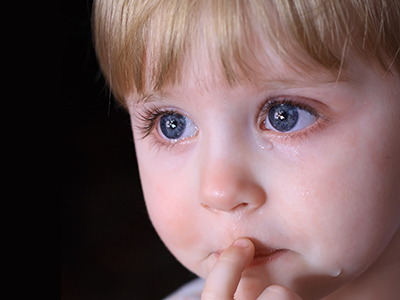
Blocked tear ducts are also known as nasolacrimal duct obstructions. It occurs when a membrane (a skin-like tissue) in the nose fails to open before birth, blocking part of the tear drainage system.
Blocked Tear Duct
Learn More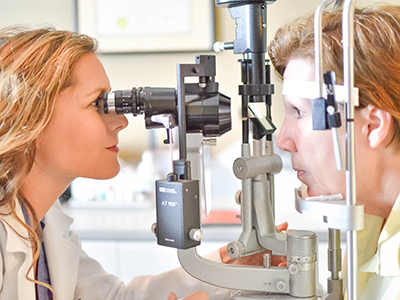
Cataracts occur when the natural lens in our eyes, which is meant to be clear, becomes cloudy and causes blurry, hazy, or less colorful vision.
Cataracts
Learn More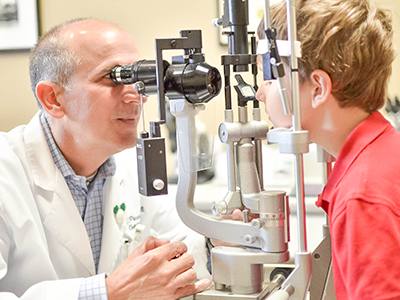
Abrasions are commonly caused by fingernails, paper cuts, makeup brushes, scrapes from tree or bush limbs, and rubbing of the eye.
Corneal Abrasion
Learn More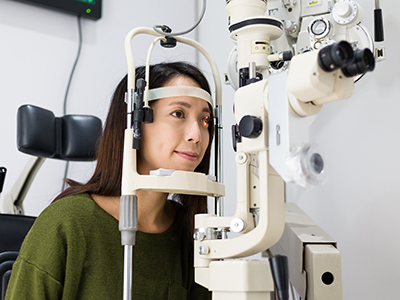
Diabetic eye disease occurs when high blood sugar levels cause damage to the blood vessels within the retina.
Diabetic Eye Disease
Learn More
According to a 2015 survey by the Vision Council, more than 90% of adults report using digital devices more than two hours a day. Unfortunately, an increase in use of digital devices exposes the user to harmful blue light, which can cause digital eye strain.
Digital Eye Strain
Learn More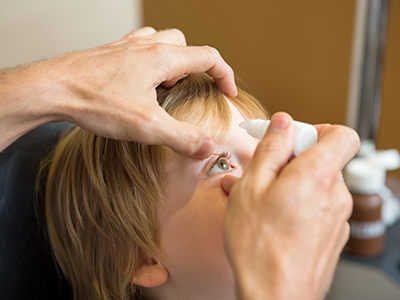
Dry Eyes or Dry Eye Syndrome is a very common eye condition that affects millions of Americans. It is estimated that dry eyes affect up to 11% of people aged 30 to 60 years of age and 15% of those 65 years of age or older according to the International Task Force assembled by the Johns Hopkins University-Wilmer Eye Institute.
Dry Eye
Learn More
Glaucoma is a disease that damages your eye's optic nerve, which is usually due to fluid building up in the front part of your eye.
Glaucoma
Learn More
A comprehensive pediatric ophthalmologic examination will determine if there are any vision problems requiring eyeglasses, eye muscle imbalances like convergence difficulties, or ocular health issues that may be contributing to any reading or learning disability.
Learning Disabilities
Learn More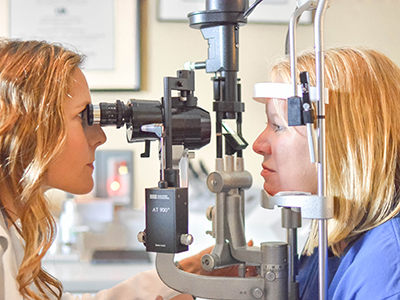
Age-related macular degeneration is when a part of your retina, called the macula, is damaged, which causes the loss of central vision.
Macular Degeneration
Learn More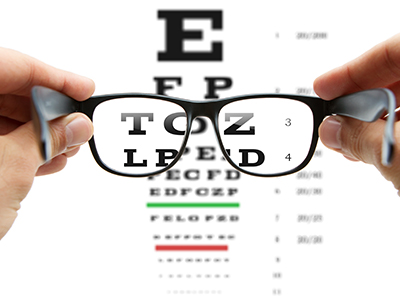
Atropine 0.01%, a medical treatment for myopia, has proven to be an effective treatment in reducing the progression of nearsightedness in children.
Nearsightedness (myopia)
Learn More
Ocular emergencies covers a wide range of incidents and conditions that are treatable here at Lafayette Family Eye Care. Each incident or condition will have its own unique set of symptoms, which we are able to assess in order to diagnose and treat.
Ocular Emergencies
Learn More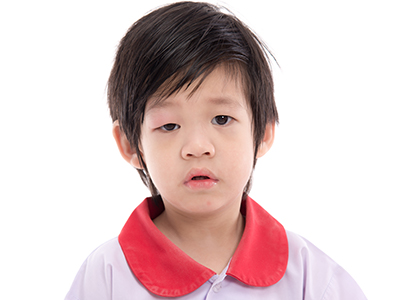
Ptosis is a drooping of the upper eyelid, which restricts and can even block normal vision.
Ptosis
Learn More
In order to see, your cornea and lens bend and refract light to focus it on the retina. The retina receives the light rays and then sends that image to the brain. When the shape of the eye doesn't allow the light to be refracted properly, the image you see is blurred in some way.
